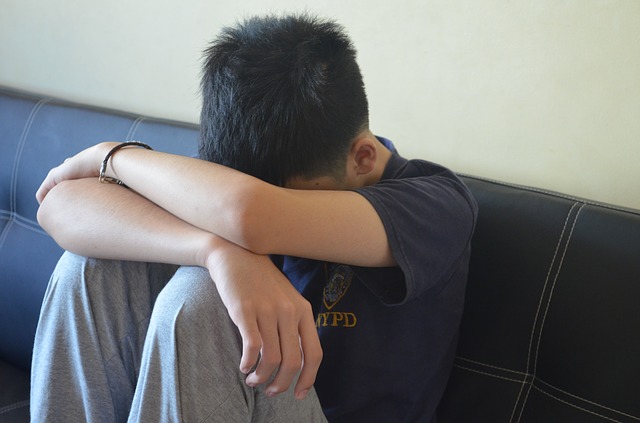Find out if you could be a foster carer
In a few simple questions, you’ll know if you’re suitable to apply to become a foster carer.

Suspecting that your foster child is being bullied can be really upsetting. Whilst bullying is a common issue, it doesn’t take away the devastating impact it can have on a child, especially as they get older. The good news is there’s plenty of help available these days and due to increased awareness, it’s a lot easier to spot the signs.
To help you spot bullying, we have put together three common signs of bullying below…
1. Spotting the physical signs
Physical bullying is typically the easiest to spot, but it’s also one of the most distressing. Signs that this is happening include your child regularly coming home with missing or damaged items, or if they have bruises and scratches on their body.
It’s important to note that kids are known for being a little rough with one another sometimes. So, the odd case of coming home with scratches and bruises, or missing or damaged items could be entirely innocent. However, if it’s happening frequently, that’s when you should start to ask questions.
2. Struggling with homework for no reason
Now let’s face it, most kids don’t want to do their homework! Some will also struggle a lot more than others. However, if your foster child is usually quite good at doing their homework but they suddenly start to have issues, it could be an indicator that they’re being bullied.
So, why would it affect their homework? Well, largely they could have trouble concentrating on the work that needs to be done. If their minds are so caught up thinking about bullies and anything negative that’s been happening to them, they are perhaps going to struggle when it comes to focusing on their homework.
Another reason they might struggle is if they’re being bullied for always turning in homework on time. It sounds a little strange, but some children are singled out for being intelligent or “too good”. If this happens, the child could attempt to not complete assignments on time in the hope of being left alone.
3. Behavioural changes
Bullying doesn’t always have to be physical. Emotional bullying is just as, if not more, damaging as physical altercations. It’s common for bullied children to become withdrawn and to have trouble sleeping or eating. Some even revert back to wetting the bed.
Behavioural changes are usually the first thing you’ll notice, though it’s sometimes difficult to pinpoint the reason behind them. Many parents simply put it down to kids just being kids. Teenagers for example, are well-known for being moody and unpredictable. However, if you notice a significant change it can be a sign that something is going on at school.
Whatever the signs, the key thing is to sit down and try to talk to your child and see how they react when you ask them about it. If they’re overly defensive, it could be that they are being bullied but don’t want to admit to it.
Are there any other key signs you feel we’ve missed out? If so, share your thoughts with other carers over on our Facebook page…